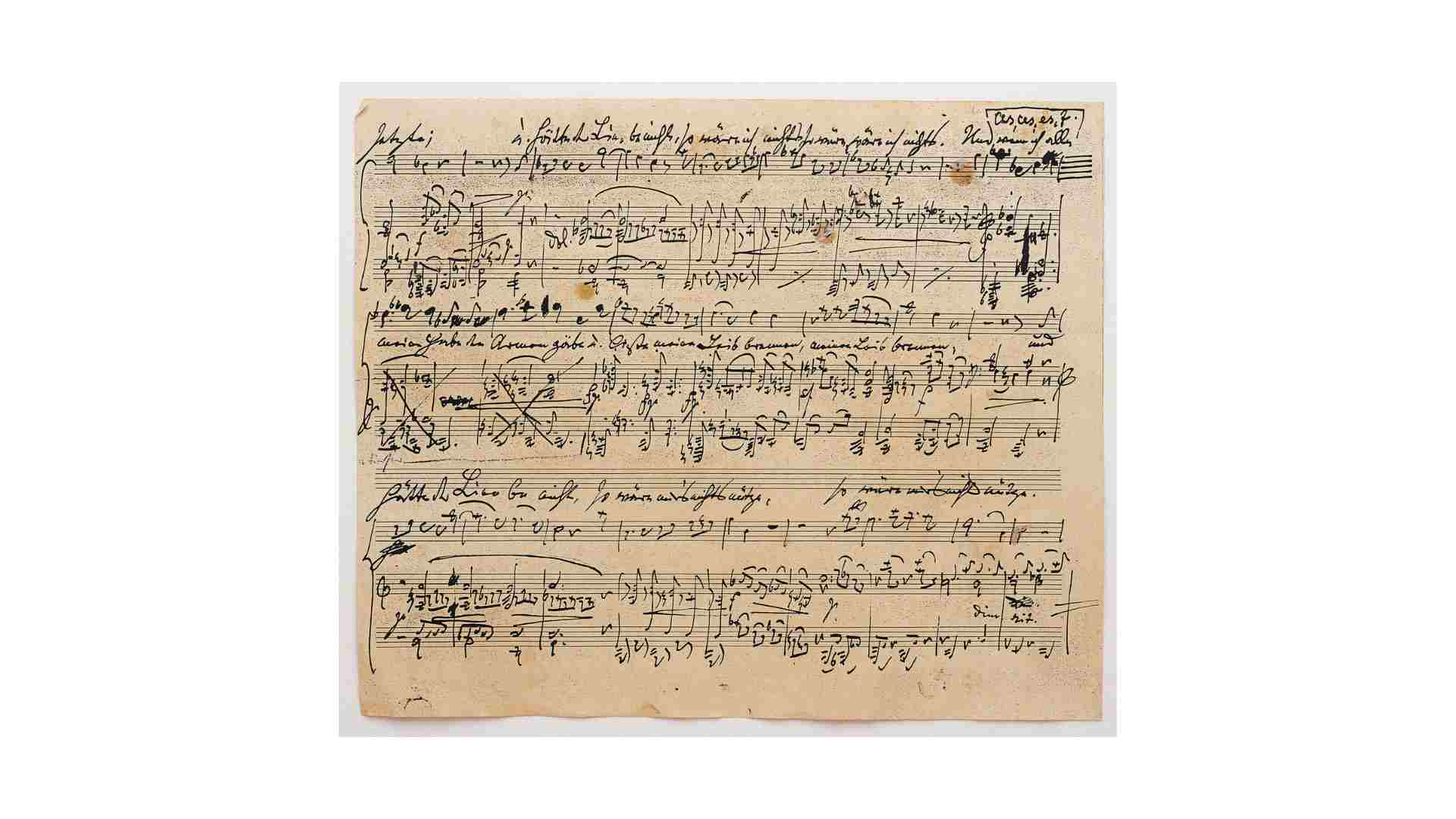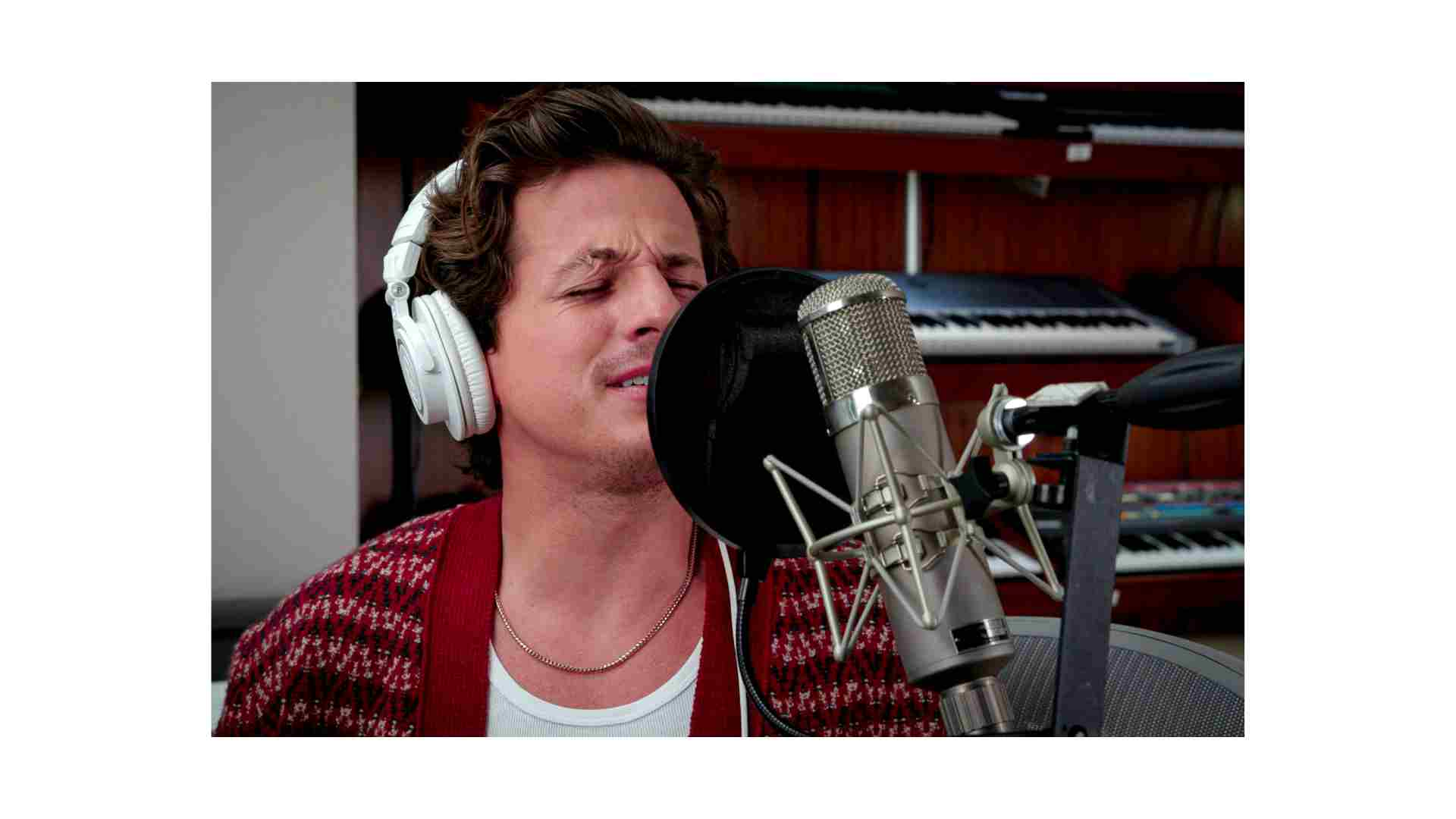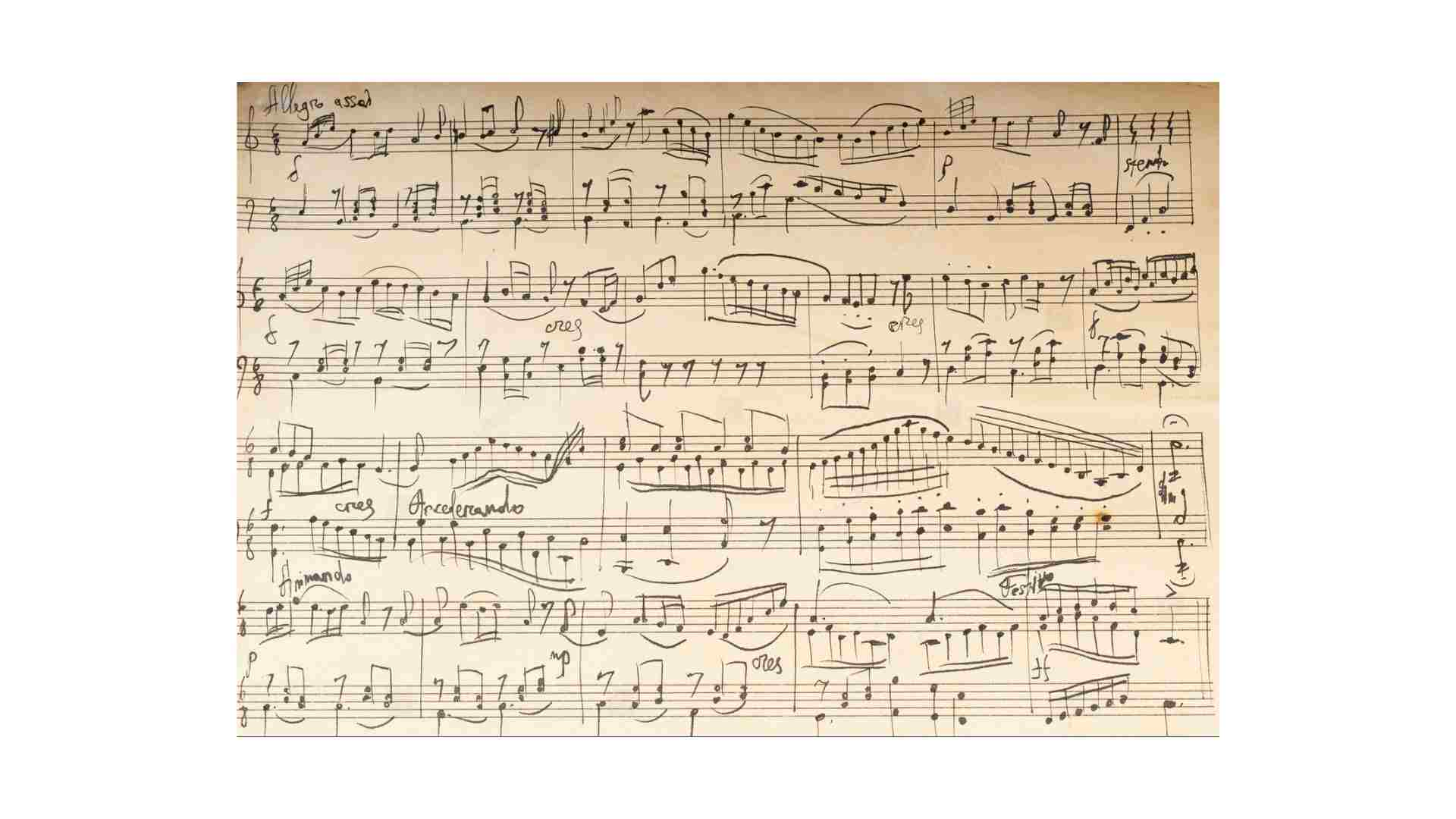
The Importance Of Ear Training For Musicians
Mar 04, 2025Why Ear Training Matters For Musicians
Imagine being able to pick up your instrument and play any song just by listening to it. No sheet music, no tutorials—just pure musical instinct. That’s the magic of ear training, and it’s a skill every musician should develop. Whether you're just starting out or have years of experience, training your ears will completely change how you interact with music. Let’s explore why this often-overlooked skill is so powerful and how it can take your musicianship to the next level.
We’ll be taking a look at the following:
Play What You Hear in Your Head
Have you ever had a melody stuck in your head but struggled to play it on your instrument? That’s because your hands and ears aren’t fully connected yet. With ear training, you can bridge that gap and develop the ability to translate what you hear in your head into actual music. This skill makes improvisation effortless and allows you to express yourself freely without relying on tabs or sheet music.
Learn Songs Faster—Without Sheet Music
Some of the greatest musicians in history learned purely by ear. They didn’t have YouTube tutorials or chord charts—they listened, figured things out, and internalized music deeply. Training your ears allows you to pick up songs quickly, recognize chord progressions, and even transcribe music more accurately. Say goodbye to hours of searching for tabs—your ears will be your greatest tool.

Unlock Hidden Layers in Music
Think about your favourite song. Now, listen closely—really closely. Do you hear the subtle bassline, the intricate drum patterns, or how the harmonies evolve? Ear training helps you break down music into its core elements, giving you a richer appreciation of every track. Over time, you’ll start noticing details you never caught before, making listening to music a whole new experience.
Boost Your Confidence as a Musician
Nothing feels better than being able to pick up an instrument and just play. When your ears are trained, you rely less on memory and more on intuition. Whether you’re jamming with a band, playing a gig, or recording in the studio, strong aural skills make you a more adaptable and confident musician.
Sing Better and Stay in Tune

Even if you’re not a singer, developing a strong sense of pitch can drastically improve your musicality. For vocalists, ear training is essential for maintaining pitch accuracy and singing harmonies effortlessly. For instrumentalists, it sharpens your ability to play in tune and blend with other musicians. Either way, your sense of pitch will become rock-solid.
Find Freedom in Your Instrument

Many guitarists and pianists rely on patterns and shapes rather than truly hearing the music. This can be limiting. Ear training for guitar (or any instrument) allows you to break free from memorized shapes and play based on what you hear, making improvisation and composition much more natural.
Train Your Ears Anytime, Anywhere
Here’s the best part: you don’t need your instrument to work on ear training. Try this exercise—hum or sing a melody you love, then try to figure it out on your instrument later. The more you do this, the better you’ll get at hearing music in your head and translating it into real sound. You can also practice by identifying intervals, chord progressions, and rhythms in songs you hear daily.
Our Final Thoughts: Start Training Your Ears Today
Musicianship isn’t just about technique—it’s about what you can hear. Whether you’re playing by ear, improvising, or simply appreciating music on a deeper level, ear training is a game-changer. So, start today—listen actively, hum melodies, and challenge yourself to play without looking up tutorials. Your future self (and your music) will thank you!
We at GreaseRelease, have a bunch of curators on our network who are looking for new & exciting music to push on their massive playlists. If you make music and want to reach a wider audience, check out our submission platform and get a chance to reach millions of listeners! Submit your tracks now!
Don't miss my newsletter!
Join me on a music entrepreneurship journey with new tips and tricks delivered straight to your inbox.
We hate SPAM. We will never sell your information, for any reason.



